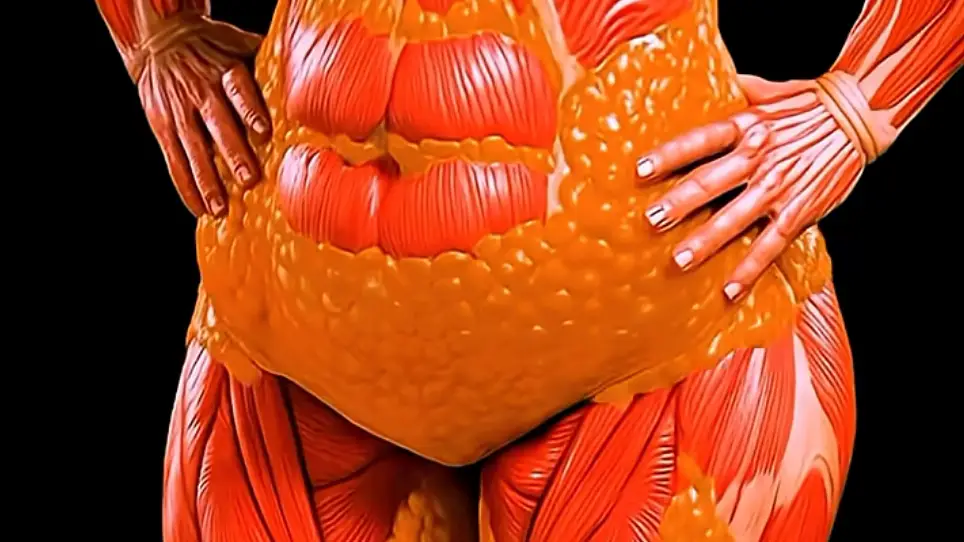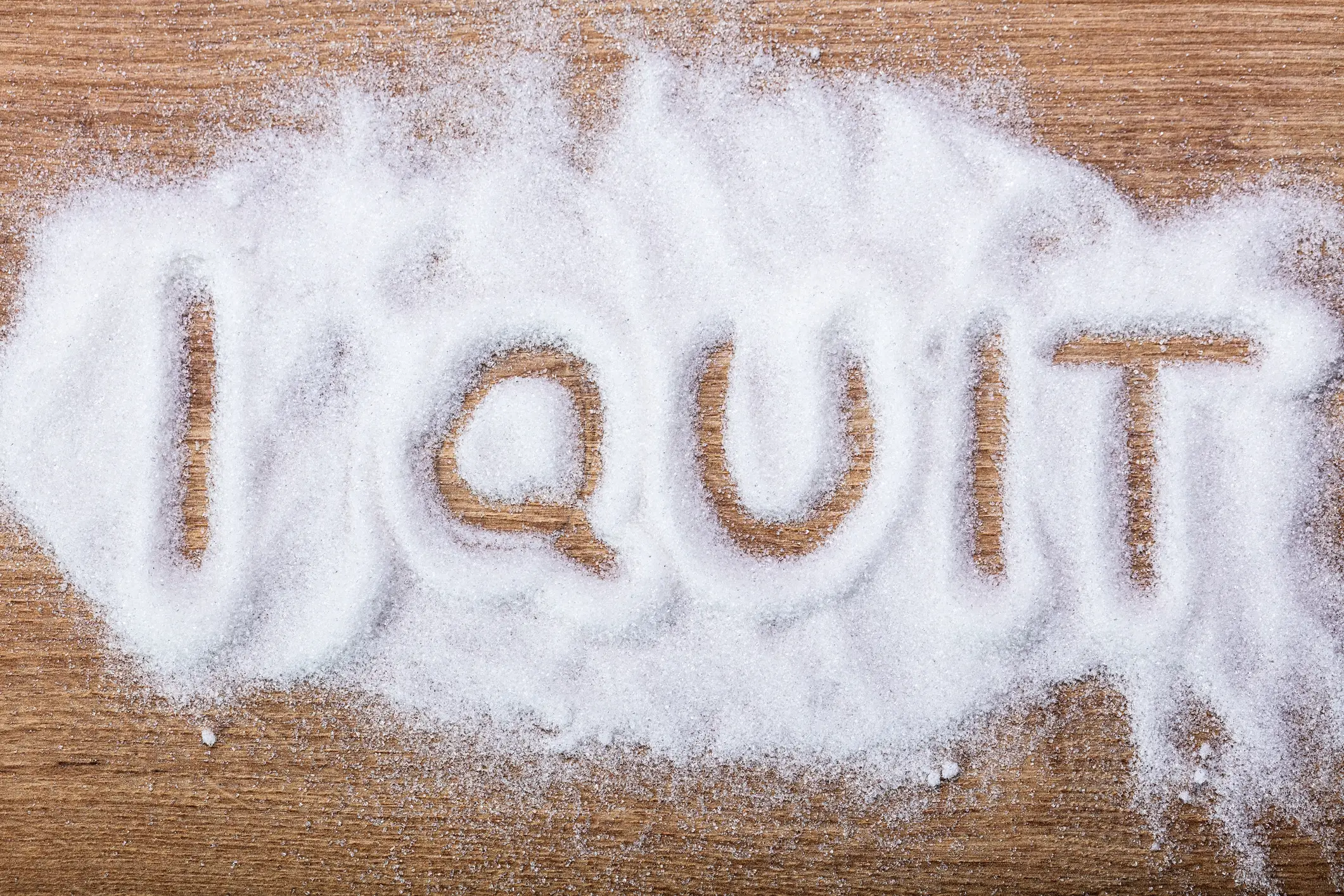
A simulation video has shown what can happen to your body if you decide to stop eating added sugar for 30 days.
As someone who proudly reminds friends and family that I no longer have sugar in my tea, I can assure you that it is possible to control that sweet tooth.
After stirring two teaspoons of sugar in my morning brew for about 13 years, I decided to wean myself off it by gradually reducing the amount I'd put in.
I went from two teaspoons to one and a half teaspoons, to one teaspoon, to then half a teaspoon, to then no sugar at all in my tea in the space of around three weeks.
Advert
During that period, the beverage I once relied on to get me started in the morning pretty much tasted like s**t.
However, after the three-week mark, tea started to taste wonderful again, and now I can't even have a grain of sugar in my cuppa without noticing.
And so it turns out that quitting sugar can have a pretty mad effect on your brain and body.
A simulation video by Health is Wealth shows just what can happen if you quit cold turkey.

"Most people can't survive a day without sugar, but here's what happens if you cut it out for just thirty days," the voiceover in the video explains.
Day one of quitting sugar
"Day one to three. You'll feel cravings, headaches, even mood swings. That's sugar withdrawal. Your brain screaming for its fix," the channel says.
A week after quitting sugar
A week without sugar can stabilise your energy levels, which means 'no more sugar crashes after meals'.
Two weeks after quitting sugar

Then, after week two, the channel says your skin will start to clear up.
"Pimples and dullness, gone," they said.
Three weeks after quitting sugar
"Week three, your belly fat starts melting. Why? Because insulin finally calms down and your body burns stored fat," the health content channel adds.
Four weeks after quitting sugar
"Week four, your taste buds reset. Even fruit tastes super sweet. You'll wonder why you ever needed candy. 30 without sugar doesn't just change your body. It rewires your brain," they said.
"The real question is, are you strong enough to try it?"
Practical sugar alternatives
Before you give it a go, make sure you speak to your GP first. If they tell you it's all good to try, then it's important to have some decent-tasting snacks around that will keep you from reaching for that chocolate bar.
Instead of sugary fizzy drinks or squash, opt for water, lower-fat milk, or sugar-free beverages.
When it comes to breakfast, choose plain cereals like shredded wholegrain or porridge over sugary options.
Then, for snacks, select lower-sugar yoghurts, plain rice cakes, or fresh fruit instead of biscuits and chocolate.
Recommended added sugar intake
The NHS recommends that adults aim to limit their added sugar intake to no more than 30 grams per day. This is roughly seven teaspoons of sugar.
“Free sugars include those added to foods and drinks, as well as sugars naturally present in honey, syrups, and fruit juices. Eating more than 30g a day increases the risk of obesity, type 2 diabetes, and tooth decay,” they said.
Topics: Health, Food And Drink